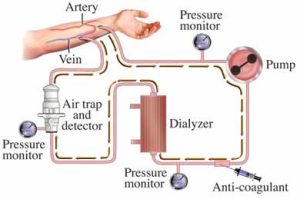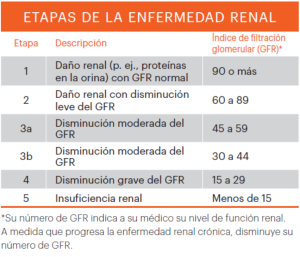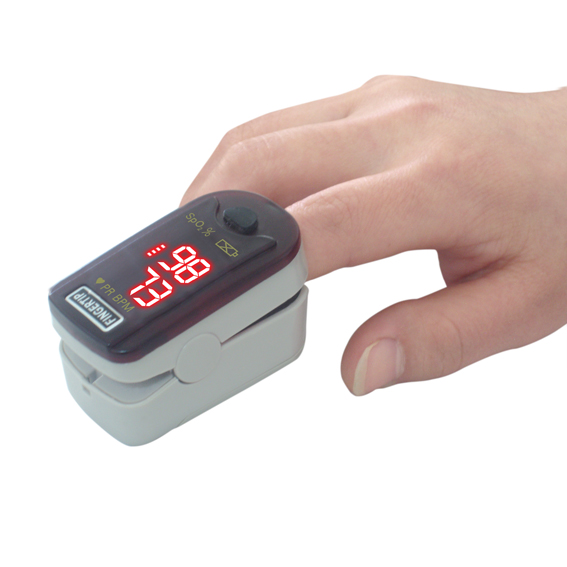Hemodialysis in Puerto Vallarta
Introduction
In this article we will talk a little of the substitute treatments in renal failure addressing a little more hemodialysis and finally we will talk about some places where you can find this treatment in Puerto Vallarta.
The kidneys have many functions, within these functions one of the most important is to act as a filter to eliminate the debris that the cells produce and that are transported by the blood. When a patient suffers from a disease that temporarily or permanently affects the kidneys ‘ ability to filter the blood, we must resort to substitute treatments that help preserve good health.
The three current treatments to replace the filter function of the kidney are peritoneal dialysis, hemodialysis and renal transplantation. Peritoneal dialysis is part of the basic principle of exchange of solutes of a saturated solution through a semi-permeable membrane to an unsaturated solution. In peritoneal dialysis the patient performs the procedure at home making spare parts of this solution through a valve that is placed in the abdomen to be able to extract the liquid rich in waste products and introduce the new liquid. Despite being an efficient therapy it is not for all patients.
Renal transplantation is the definitive solution but given the low availability of donors it is not considered the first choice of treatment.
Hemodialysis is the most popular substitutive treatment today as it allows treating almost all patients with renal failure, in addition to their great use safety and wide range of effectiveness, the first choice of treatment comes back every day. This consists basically of a pump that sucks the patient’s blood through a catheter and passes through a special filter that separates the blood from the waste produced by the body and in addition to eliminating excess water in the process.

Who should get hemodialysis?
To determine if you are a candidate for hemodialysis, you should first know the degree of affectation your kidneys have, how physicians determine it is through the glomerular filtration rate (GFR) which can be obtained by blood creatinine measurements. Next, we find a table where the different stages of renal disease are observed depending on their GFR:

Patients who need hemodialysis treatment are those in stage 5 of the disease, i.e. they have a GFR below 15. Unfortunately in our country every time are more patients who have such a level of involvement by a poor culture of prevention coupled with the increase in diseases that silently damage the kidney as diabetes and hypertension.
What symptoms should I present to think my kidneys may be failing?
Fluid retention is one of the most notorious manifestations when it has an affectation in the kidneys and we can find it as swelling in the legs or the whole body depending on the degree of affectation. Another sign is hypertension, in the patient with renal disease The blood pressure tends to be elevated greatly by the accumulation of fluids. Within the laboratory data that can guide to loss of renal function is the loss of proteins by urine, from microproteinuria (loss of protein in tiny amounts) to candid proteinuria (abundant protein loss) these should Be assessed by a general urine test.
How often and how long should hemodialysis be treated?
The number of hemodialysis sessions, as well as their frequency will depend entirely on the patient’s condition and requirements, currently a standard for most patients is 3 sessions a week every third day having two days of rest, although in Some cases may suffice with 2 sessions a week, but it will depend as already stated on the assessment of the case.
The time a patient will require hemodialysis depends entirely on the cause of renal failure, if it is an acute renal failure caused by blood loss or little blood flow to the kidney is solved once the circulation is restored Blood to the kidney. In the case of chronic kidney damage as in the case of diabetes and hypertension, hemodialysis is usually permanent until renal transplantation is achieved.

What care should be taken when hemodialysis is received?
The first thing to take care of is the diet because the patient with kidney failure is very easy to compensate when it comes to water and electrolytes so must have a strict diet and more in the event that a hemodialysis session is cancelled or can not Rea The following very unbalanced hemodialysis is not reached.
Another important care is the cleaning of the puncture areas or catheters placed for the connection of the hemodialysis machine since the infection of one of these catheters can endanger the patient’s health in addition to precluding the hemodialysis session.
Who is the specialist in charge of deciding or initiating hemodialysis treatment?
The nephrologist will be in charge of revising your file, as well as to raise the best options for the treatment of the disease, ideally, when detecting a situation or disease that puts at risk the capacity of functioning of your kidneys go with him So you can avoid kidney failure.
In Puerto Vallarta where hemodialysis is done?
If you are successor of Seguro Popular or IMSS they will be able to orient you where to perform your hemodialysis sessions.
If you are looking to do hemodialysis in the private environment here in Puerto Vallarta below you will find a list of hospitals and hemodialysis units that you can visit.
If you want more guidance on the topic or recommendations we are to serve you in our contact page





